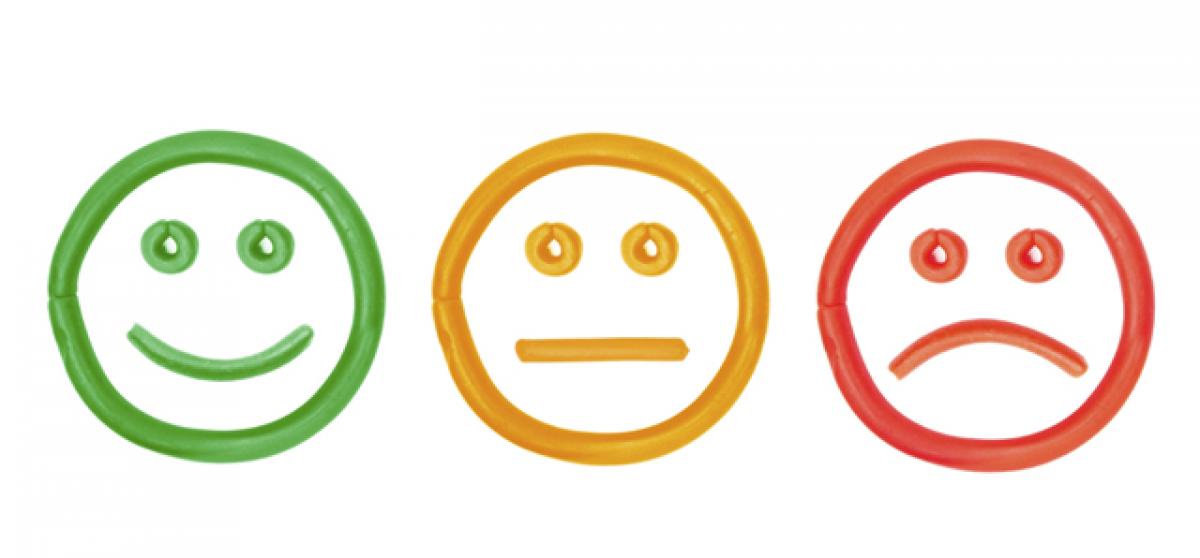Live
- Ananya Panday’s Career Glow-Up: From Criticism to Impactful Storytelling
- Gurugram Festival to celebrate India’s artistic spirit and legacy this November
- SCMHRD, Pune clinches Winner’s Trophy at Cummins India’s REDEFINE 2024 B-School Case Study Competition
- HerKey Concludes Powerful AccelHERate 2024 in Hyderabad, Continues Momentum in Advancing Workplace Diversity
- Alpenliebe Juzt Jelly Introduces India’s First Dual-Layer Jelly In A Heart-Shape
- Vi Scales-up Users’ Indoor Network Experience in 20+ Districts of Andhra Pradesh and Telangana
- Meet Kannada Actor Tarak Ponnappa, Who Steals the Show in Pushpa 2: The Rule
- Union Minister Rajnath Singh to Attend Bhakti TV’s Koti Deepotsavam in Hyderabad
- MakeMyTrip Will Acquire CRED's Happay Expense Management Platform to Improve its Business Travel Services
- TTD Board Makes Path-Breaking Decisions










